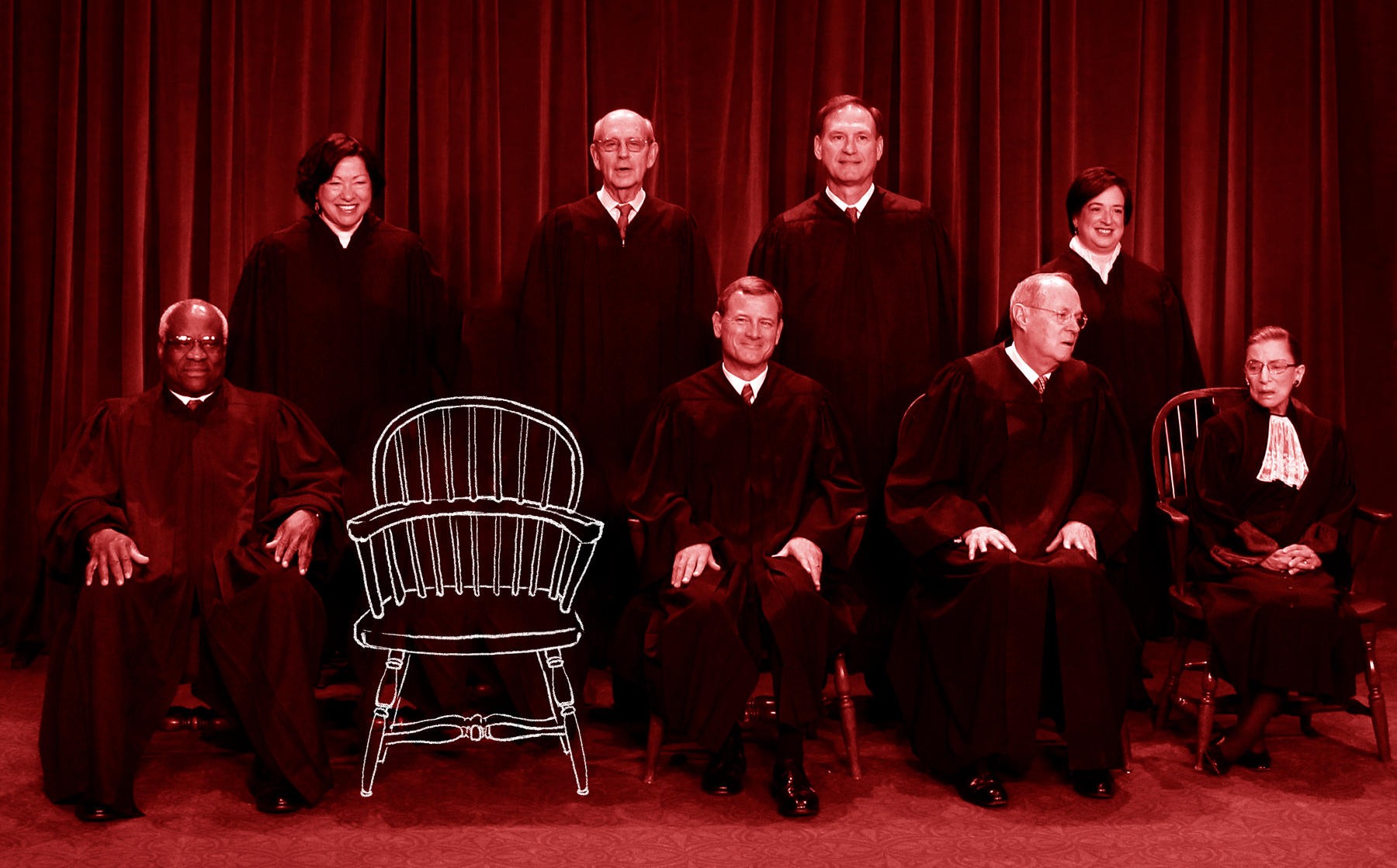Liberal Justices rewrite the Constitution
In a stunning move, the U.S. Supreme Court upheld affirmative action for college admissions in Fischer v. University of Texas at Austin. In the 4-3 decision, with Justice Kagan recusing herself, the Court backed the university’s effort to create a more diverse environment by considering race in college admissions.
For such public schools, falling under the Constitution’s promise of equal protection under the law, the ruling provides a peculiar exemption. While students cannot be denied admission based on race, they can now use it to facilitate their enrollment.
While there’s no denying that certain racial groups have faced distinct disadvantages in the past, it’s questionable whether collegiate favoritism is the best way to advance the cause of equality. When rules are not applied equally, it should be no surprise when resentment is the ultimate consequence.
In his work Affirmative Action Around the World, noted African-American economist Thomas Sowell outlined some of the issues that arise from these preferential policies:
The costs of affirmative action are as seldom scrutinized as to the benefits or alleged benefits. Among the costs are lowered standards of performance in order to get numerical results. Moreover, these standards are sometimes lowered for all, in order to avoid the political embarrassment or legal liability of obvious double standards for favored groups. [1]
This isn’t exactly a revolutionary concept. While there are certainly noble intentions behind Affirmative Action programs, their applicability and usefulness in the modern day should undergo the same tests as any other government initiative. We do ourselves no favors by pursuing policies on a doctrine of blind faith.
Justice Thomas joined Justice Alito’s dissent in the decision, blasting the Court’s ruling as, “irreconcilable with strict scrutiny, [resting] on pernicious assumptions about race, and [departing] from many of our precedents.” He went on to call out the use of racial registers as provisions for deciding burdens or benefits, marking them as demeaning to us all.
In the face of these arguments, it is not uncommon to be labeled as insensitive to the plights of minorities in this country. Certainly, it would be unwise to deny that many minorities in the United States face a more difficult time, and perhaps these affirmative action institutions are a necessary leveler.
This is a fine sentiment, but the evidence does not necessarily prove it as one that squares with reality. Sowell recognized that laws have to be assessed on their merit, not their mere intention. Justice Thomas spoke to the need to maintain policies that conform to the rule of law, not the rule of men.
Just because the sensitive topic of race is being discussed doesn’t mean we should discard the principles of economics and civil society. In a democracy, the free exchange of ideas can be utilized to create better solutions. This innovative process is stifled when certain topics are deemed off-limits.
Instead of staying the course of the broken status quo, we should be crafting solutions that work for individuals. People don’t choose their race, and their future shouldn’t be decided on its account.
[1] Sowell, Thomas. Affirmative Action around the World: An Empirical Study. New Haven: Yale University Press, 2004. 163.





3 comments
… [Trackback]
[…] Read More on that Topic: thelibertarianrepublic.com/affirmative-action-decision-that-revokes-equal-treatment/ […]
… [Trackback]
[…] Read More on that Topic: thelibertarianrepublic.com/affirmative-action-decision-that-revokes-equal-treatment/ […]
… [Trackback]
[…] There you can find 42638 additional Information on that Topic: thelibertarianrepublic.com/affirmative-action-decision-that-revokes-equal-treatment/ […]